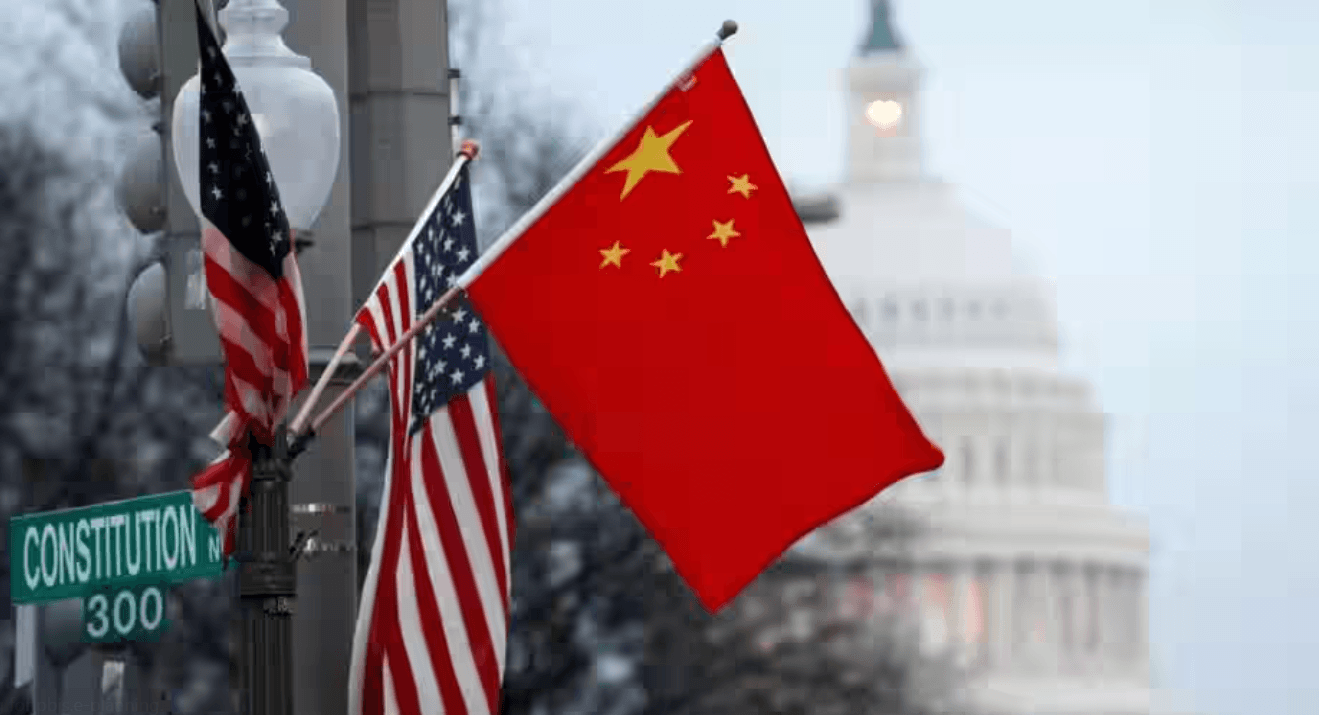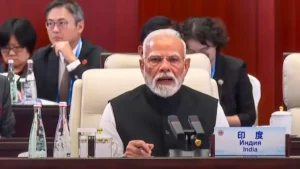Who is the greater offender of human rights, China or the US?
Given the time and effort put into the studies, one may expect that their conclusions have a significant impact on US foreign policy. However, that is untrue. Human rights breaches are not always barriers to normal relations when US national interests are involved.
Every spring for the past 25 years, the United States and China have traded accusations of widespread human rights abuses in a tit-for-tat ritual that comes to light an ideological divide so wide that it is difficult to see it ever being closed.
The publishing of an incredibly thorough report by the U.S. State Department on the status of human rights around the world usually marks the beginning of the conflict. There are more than two million words in the report. 198 nations and territories are included.
All nations in the world, but one—the United States—are represented by that. Unfailingly, major portions of the reports have been harshly critical of China and the Communist Party’s disregard for the Universal Declaration of Human Rights while in charge of the nation with the highest population.
Beijing was so enraged by the constant criticism that it started producing a counter-report on human rights abuses in the US in 1998.
The most recent US report, which contained more than 28,000 words on China and included accusations of genocide and crimes against humanity against the primarily Muslim Uyghur people as well as other ethnic and religious groups in the northwest Xinjiang province, was released on March 20.
The United States was depicted as being afflicted by “chronic diseases” such as racial discrimination, police brutality, politics that are driven by money, extreme wealth disparity, rampant drug abuse, declining average life expectancy, and unrelenting gun violence in China’s response, which was released a week later and contained 11,130 words of condemnation.
The 146th mass shooting since the start of the year was reported by America’s Gun Violence Archive on the day the Russian report was released. Since then, mass shootings have occurred at a bank, a school, and an Alabama girl’s 16th birthday celebration.
Chinese critics of America drew information from media, academic research centers, think tanks, and official statistics in the United States.
Reading the papers side by side makes it clear that the Chinese leadership believes that the American (and Western) definition of human rights is inappropriate for their nation and poses a danger to the Communist Party’s ability to rule.
In a Communist Party “Communique on the Current State of the Ideological Sphere,” released shortly after Xi Jinping began his first term as president in 2013, the rejection of the notion that all people in the globe are entitled to certain rights — universal principles — became official party policy.
There were “essential differences between the Western value system and the value system we advocate,” according to Document 9, as it was known by Sinologists. It involves opposition to “false ideological trends” such constitutional government with the division of powers and an independent judiciary and is based on party loyalty, according to Document 9.
Economic security is seen by Chinese officials as the most significant human right. The leadership has been outstanding in pursuing that objective. According to data from the World Bank, the system has helped 800 million people escape poverty over the last three decades.
In contrast, the Chinese report on the US indicates that child poverty rates are “disproportionately high” and that national poverty rates are high. According to data from Columbia University, child poverty increased from 12.1% in December 2021 to 16.6% in May 2022, or an additional 3.3 million children living in poverty.
The Chinese state news agency Xinhua charged the West with disregarding that “one of the greatest human rights successes a country could hope for is the elimination of poverty” in response to the American report on ruthless repression, genocide, and a long list of infringing upon individual liberties.
In many regions of the world where China has progressively increased its influence through financing and infrastructure projects, that message is reaching receptive ears. Hakainde Hichilema of Zambia, an African politician, made one of the Summit of Democracy’s most remarkable statements last month.
“Democracy cannot be eaten. In a speech to the primarily online attendees, he declared, “Human rights may maintain the soul but not the body.
Both the Chinese counter-report and the US study, the only global assessment of human rights by a government (as opposed to private advocacy groups), did not make any new discoveries; rather, they reiterated mutual accusations.
But the American investigation adds “picking fights and provoking trouble” to the vast list of offenses that might land a Chinese citizen in jail. A person by the name of Xu Guang was detained after he held a sign in front of a police station pleading for the restoration of his seized smartphone.
According to the article, Beijing-based lawyer Li Yuhan has been imprisoned since 2017 for “picking fights and igniting trouble.”
In the book’s introduction, it was said that State Department employees and diplomats from all around the world had put in “thousands of hours” to compile reliable reports on the status of human rights.
Given the time and effort put into the studies, one may expect that their conclusions have a significant impact on US foreign policy. However, that is untrue. Human rights breaches are not always barriers to normal relations when US national interests are involved.
When visiting Saudi Arabia last summer, US President Joe Biden gave a memorable example of how national interests come before human rights. When Biden was running for president, he had called Saudi Arabia a “pariah” because of its abuses, which included the murder of Washington Post columnist Jamal Kashoggi.
Candidate Biden promised that Crown Prince Mohammed bin Salman, de facto ruler of Saudi Arabia, will “pay the price” for ordering the murder of Jamal Kashoggi, according to U.S. intelligence. But President Biden went Saudi Arabia in the hopes that the Saudis would raise oil output and aid to reduce gasoline costs because he was worried about the absurdly high prices of gasoline in the United States.
Biden’s about-face offered another more proof that the values Washington supposedly upholds are not always put into practice. A long history of cozying up to autocrats when doing so serves American interests stretches back before the first U.S. global human rights report, which was released in 1976.
He may be a son of a bitch, but he’s OUR son of a bitch, Franklin D. Roosevelt reportedly said in 1938 in response to advisers’ complaints about the oppressive and corrupt reign of Nicaraguan President Anastasio Somoza, a key US friend.










